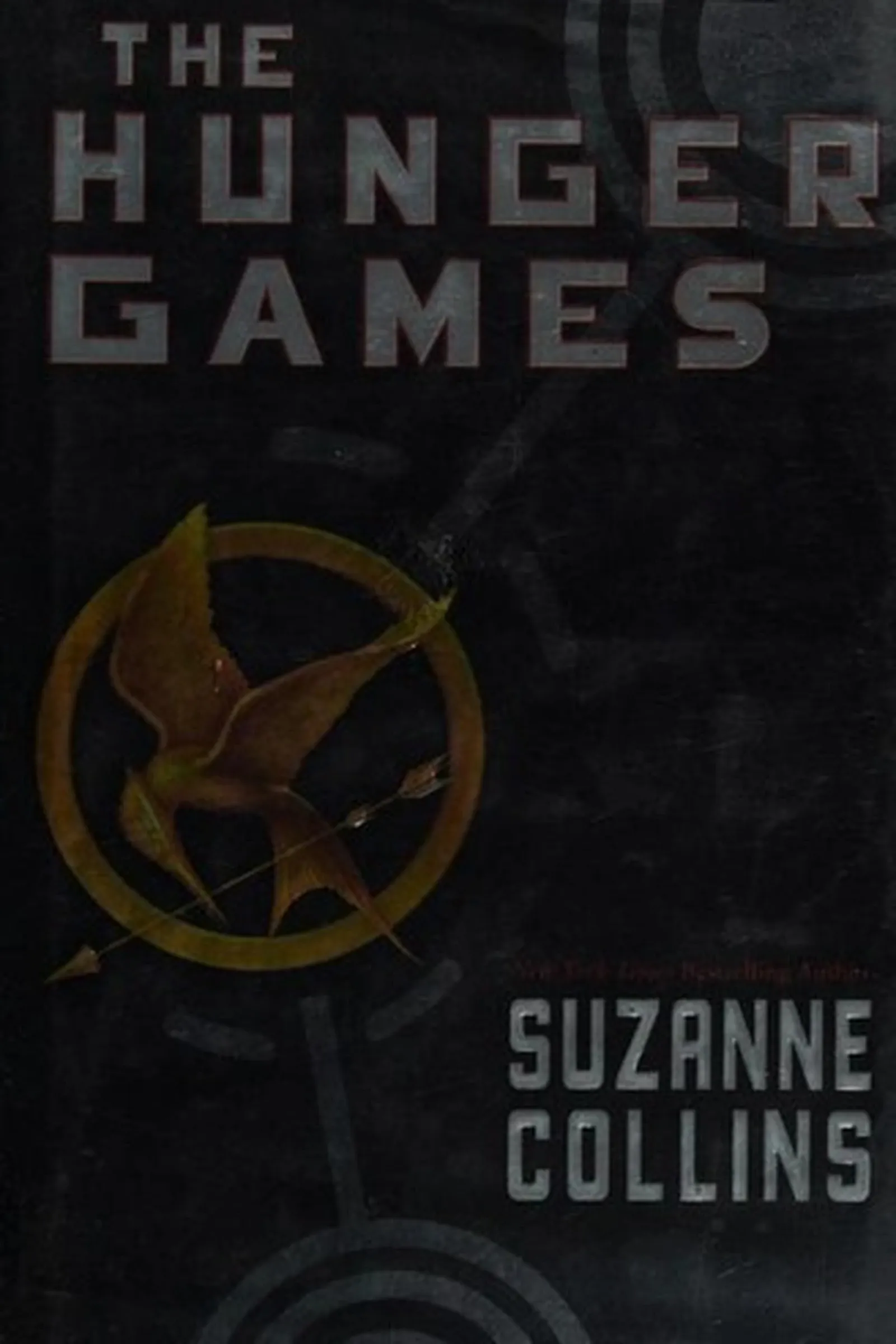The Hunger Games, Suzanne Collins, 2008
- Author: Suzanne Collins
- Genre: Youth
- Publisher: Scholastic Press
- Publication Year: 2008
- Pages: 374
- Format: Paperback
- Language: English
- ISBN: 978-0439023528
- Rating: 4,3 ★★★★★
The Hunger Games Review
About
Published in 2008, Suzanne Collins’s The Hunger Games redefined young adult fiction, blending dystopian critique with primal survival storytelling. The novel’s mix of political allegory and emotional realism turned it into a cultural phenomenon. Beneath the action and spectacle lies a sharp commentary on power, media, and what people become when forced to perform for survival.
Overview
The story follows Katniss Everdeen, a sixteen-year-old from the impoverished District 12, who volunteers to take her sister’s place in the annual Hunger Games—a televised fight to the death imposed by the Capitol to maintain control over the districts. Alongside her fellow tribute, Peeta Mellark, Katniss must navigate violence, deception, and moral compromise in an arena where every move is watched. Collins builds a world that mirrors our own obsessions with celebrity, control, and spectacle.
Summary
(light spoilers) Katniss enters the Games hardened by hunger and loss, but unprepared for the emotional manipulation the Capitol demands. Her alliance with Peeta blurs the line between performance and truth, forcing her to question whether survival without integrity is victory at all. As tributes die and alliances fracture, Katniss becomes an unintentional symbol of rebellion. The final act—her defiance with the poisoned berries—transforms her from pawn to threat. The story closes on tension rather than triumph, leaving readers haunted by the cost of survival. Collins doesn’t glorify violence; she exposes the systems that profit from it.
Key Themes / Main Ideas
• Power and resistance — rebellion born from empathy.
• Media manipulation — spectacle as control.
• Survival and morality — what it costs to stay human.
• Identity and performance — the danger of becoming your own image.
• Inequality — hunger as both literal and metaphorical weapon.
Strengths and Weaknesses
• Strengths — Relentless pacing, emotional clarity, and a heroine who feels real in her contradictions.
• Strengths — World-building that feels both mythic and contemporary.
• Weaknesses — The prose is functional rather than lyrical, but that directness suits the story’s urgency.
• Weaknesses — The love triangle trope later in the series dilutes the rawness of this first installment.
Reviewed with focus on themes, audience, and takeaways — Suzanne Collins
| pa_author | Suzanne Collins |
|---|---|
| ISBN | 978-8-441-11281-4 |
| pa_year | 1961 |
| Pages | 448 |
| Language | English |







